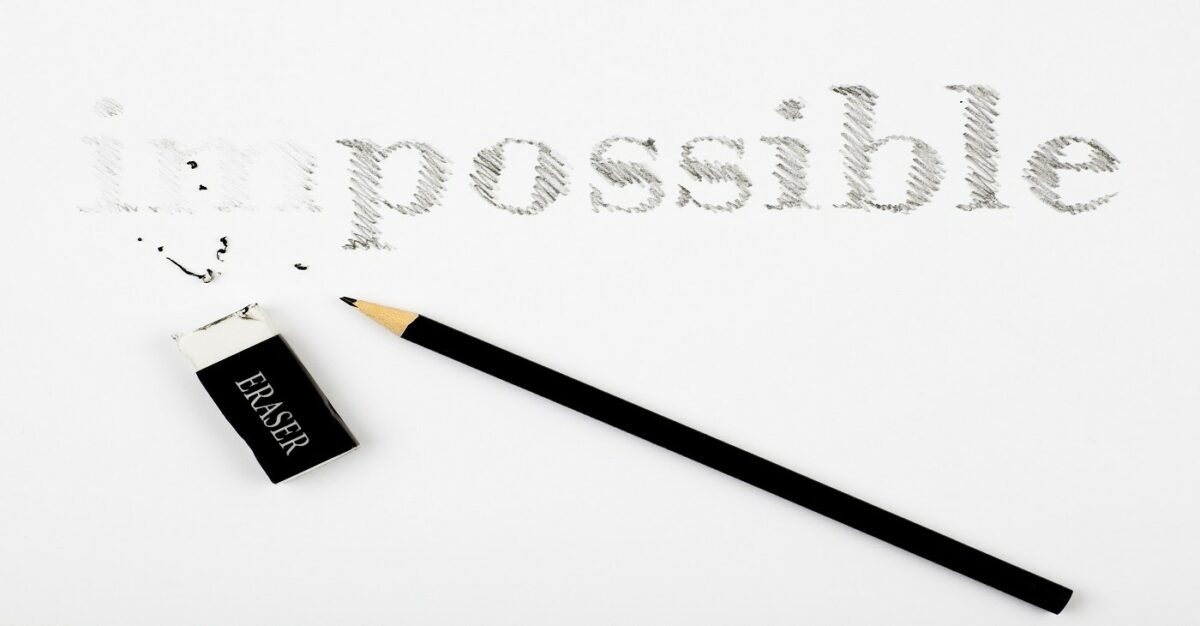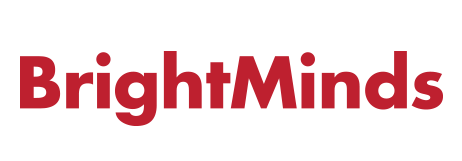It is vital to consider how your organisation can manage and retain the Millennials, so it’s not impossible to work with them.
Millennials – love them or hate them, you will have to work with them.
With an estimated 40 million Millennials already in the workforce globally, the percentage is set to reach 75% by 2025. The definition of a Millennial is generally accepted as being born between 1982 and 2000; in Singapore, one-fifth of Singaporeans fall into that category.
As the influx of young, ambitious Millennials join the workforce, it is critical for companies to recognise that their talent management practices and policies will need to evolve. Workforce data and analytics will be critical in enabling HR managers to track, manage and assess recruitment, demographics, staffing, training, skill sets and incentives in a way that helps the business run better.
The first cohorts of Millennials in the workplace are only in their early 30s, with the majority just starting out on their careers. Therefore, they will become important engines of the economy in the decades to come.
Millennials: Digitally Savvy Team Players
Apart from the physical advantages that come with youth, they also bring to the table traits which could impact the organisation positively. These Millennials, having being brought up in a society and education system which places emphasis on results and efficiency, adopt the same mindset in their careers. Often, this means an ambitious and opinionated character, a vast difference from the “keep a stiff upper lip” mentality practiced by the older generation.
Born into a digital era, Millennials are naturals in the online realm. Communication efforts take place in real-time through various mediums, from mobile messaging apps to emails. In a highly-evolving world where communication tools are ever-changing, adaptability is a trait that is highly valued.
Millennials are used to working in groups and teams. In contrast to the solo flyer attitude of earlier generations, Millennials believe that teamwork accomplishes tasks more efficiently.
Work-life balance is a phrase that has been used often in the recent years. This is directly an influence of Millennials who value their personal lives highly. Work-life balance does not just refer to a reasonable workload or being able to leave the office on time; it also means providing an enjoyable working environment and fostering healthy office relationships through team-bonding activities. The emerging wave of young talent prefers employers who exude a culture of friendliness, openness and constant learning.
Millennials are believers of structure. For example, reports should have monthly due dates, and meetings backed by agendas and minutes. This way, they are able to keep track of their progress and access if a goal is achievable.
Challenge the Millennials
Due to their competitive nature, a Millennial is always up for a challenge. Having grown up in a time where information is easily accessible, answers to many challenges can be readily found online. As such, Millennials have developed into a group that wants to work on new and tough problems that require creative solutions.
While there will be a shift in how your organisation works due to the changing profiles of your employees, it is important you understand and engage them. It is vital to consider how your organisation will manage and retain this new breed of workers because Millennials are not going away; they will only grow in the work force.





